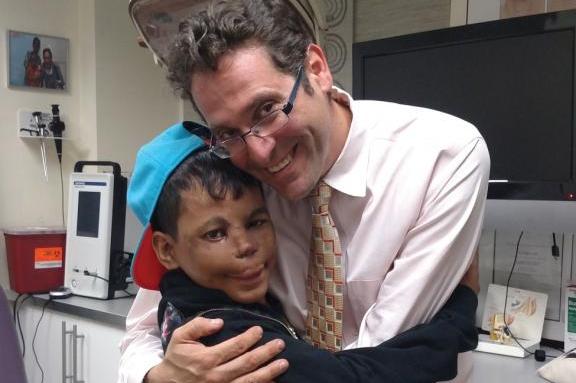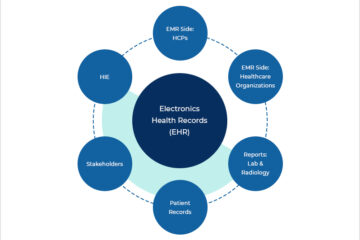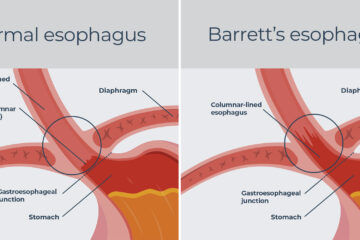
NEW YORK — A 14-year-old who lost his nose in an accident is thought to be the first person in the United States to have received a 3D-printed nose, restoring his senses of smell and taste, according to doctors at Mount Sinai hospital.
Dallan Jennet, a 14-year-old from the Marshall Islands, fell onto a live power line when he was 9, burning his entire face and losing his nose.
Doctors at Mount Sinai created the nose based on sample models taken from his close family members, customizing it to his face and vascular requirements so that all function could be restored.
“The procedure is akin to a ‘nose transplant’ in that we were able to replace the nose with a functional implant,” Dr. Tal Dagan, an associate adjunct surgeon at Mount Sinai who led the surgery, said in a press release. “This procedure may be a breakthrough in facial reconstruction because the patient will never have to deal with the standard issues of transplantation, such as tissue rejection or a lifetime of immunosuppressive therapies.”
Jennet’s path to a new nose started in early 2015, with the first of six surgeries in the Marshall Islands, where expanders were placed under the remaining skin of his nose to make room under his skin for the new nose to be implanted.
Doctors used the family models to create the 3D-printed nose customized for Jennet’s facial features. In June, during a 16-hour surgery, doctors harvested tissue and blood vessels from Jennet’s thigh, removed large amounts of scar tissue from his face, inserted the new nose, and then reconstructed the skin over the implant.
Over the course of four more surgeries and follow-up exams, Jennet’s senses of smell and taste returned. The implant is permanent, flexible, and does not need to be replaced at any time, doctors said.
“We believe that this procedure will allow the patient to live a happy and productive life,” said Dr. Grigoriy Mashkevich. “We also hope that this approach will be a viable option for others with severe facial deformities who require reconstructive surgery.”
[Source:- UPI]




